Would you buy a virtual plot of land if it cost more than a plot of land in the real world? Read about the booming virtual real estate market.


Would you buy a virtual plot of land if it cost more than a plot of land in the real world? Read about the booming virtual real estate market.
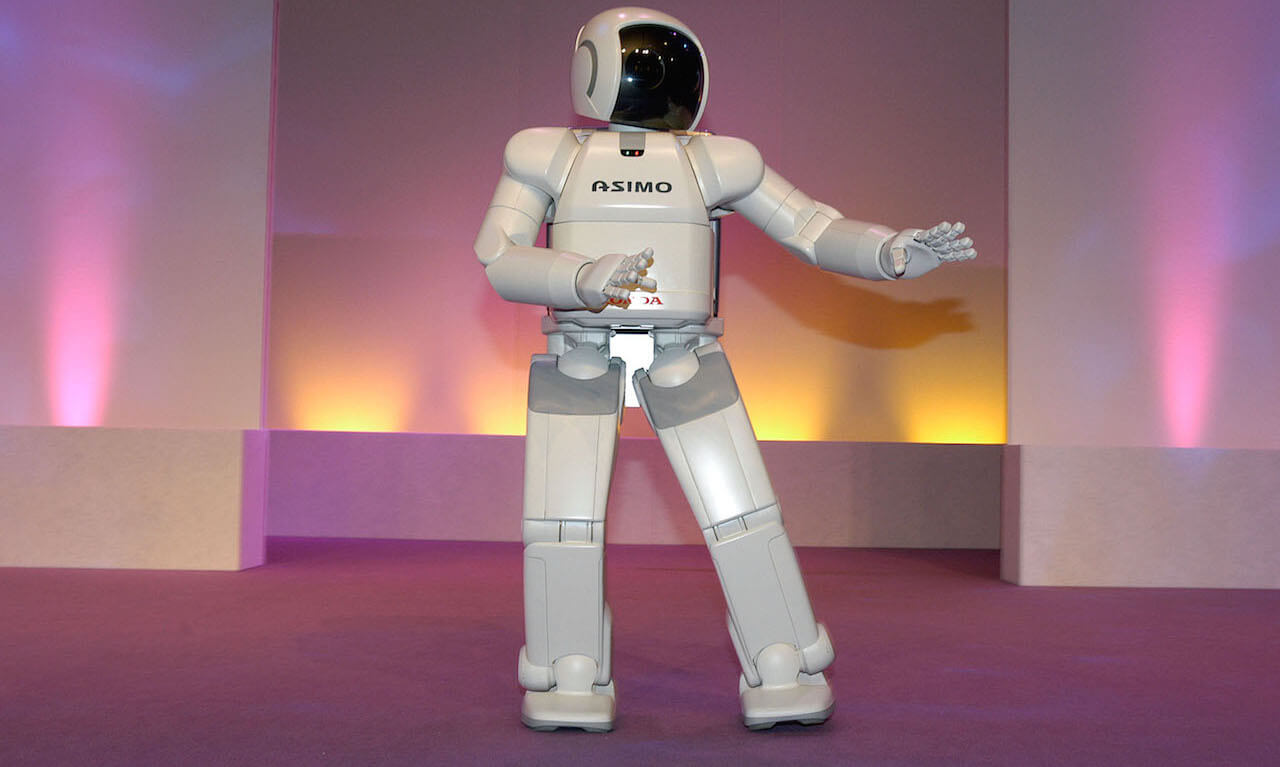
After observing a mechanical “couple” that was created as an art installation, one viewer writes about how technology might affect the mystery and destiny of love. Watch the video embedded in the article to view how the two robots interact.
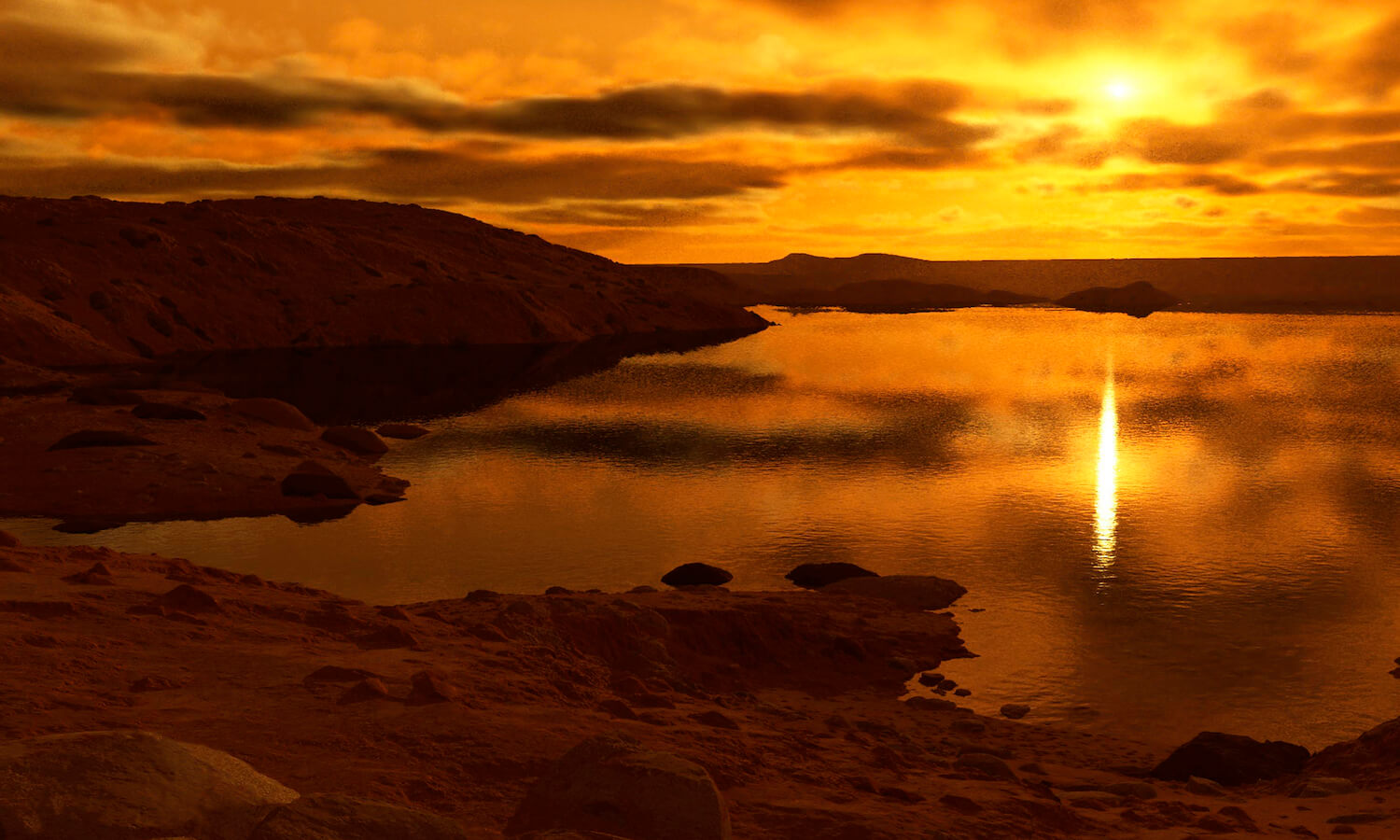
Explore artistic impressions of the surface of three exoplanets discovered by NASA’s telescopes.
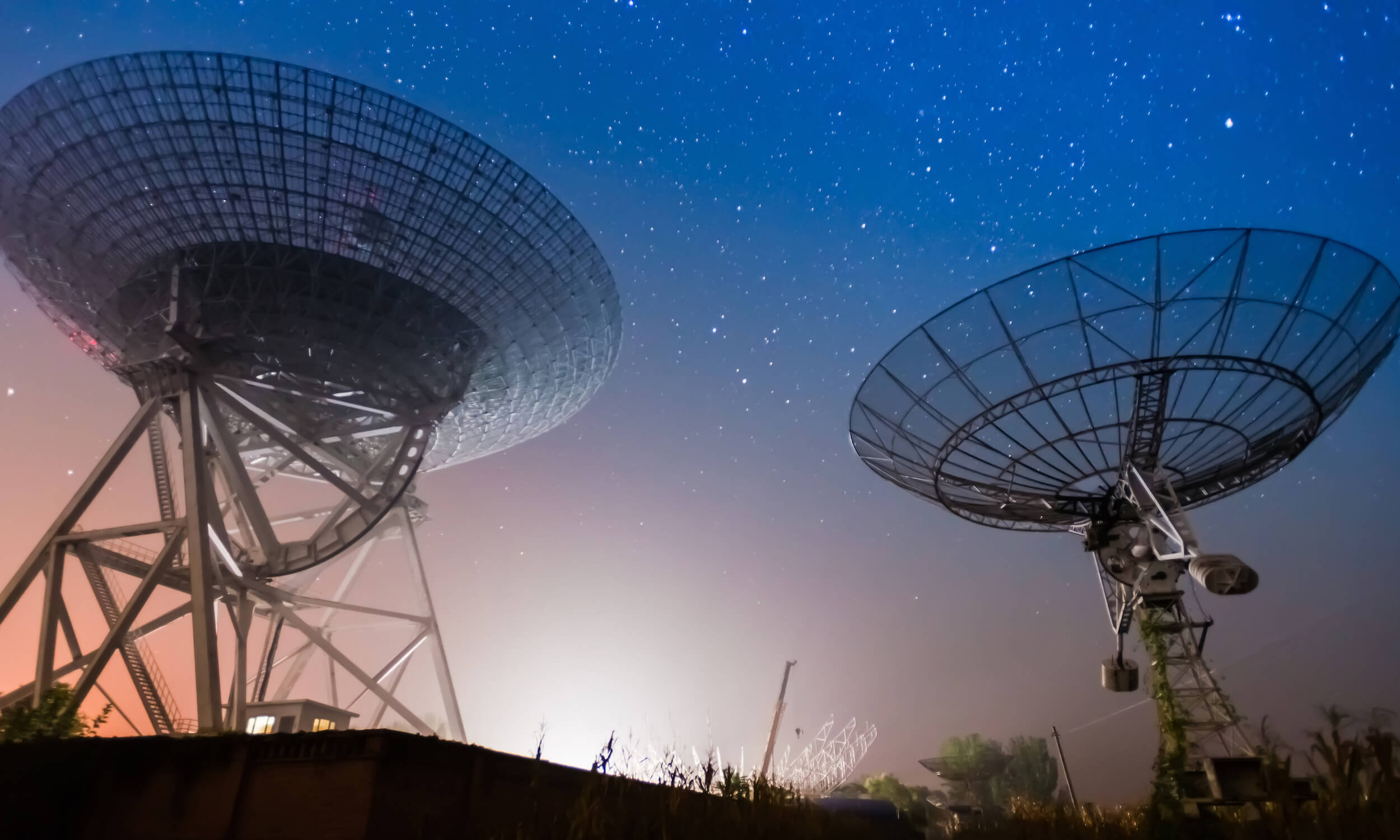
Are humans the only intelligent lifeforms in the universe or have aliens remained undiscovered due to limited data sets? This article presents both sides of a question that many find impossible to answer: Are we alone?

Kids today have access to a form of expression their parents didn’t: developing digital games and apps. Hear from one young developer about how he accomplished his initial goal and what’s next.
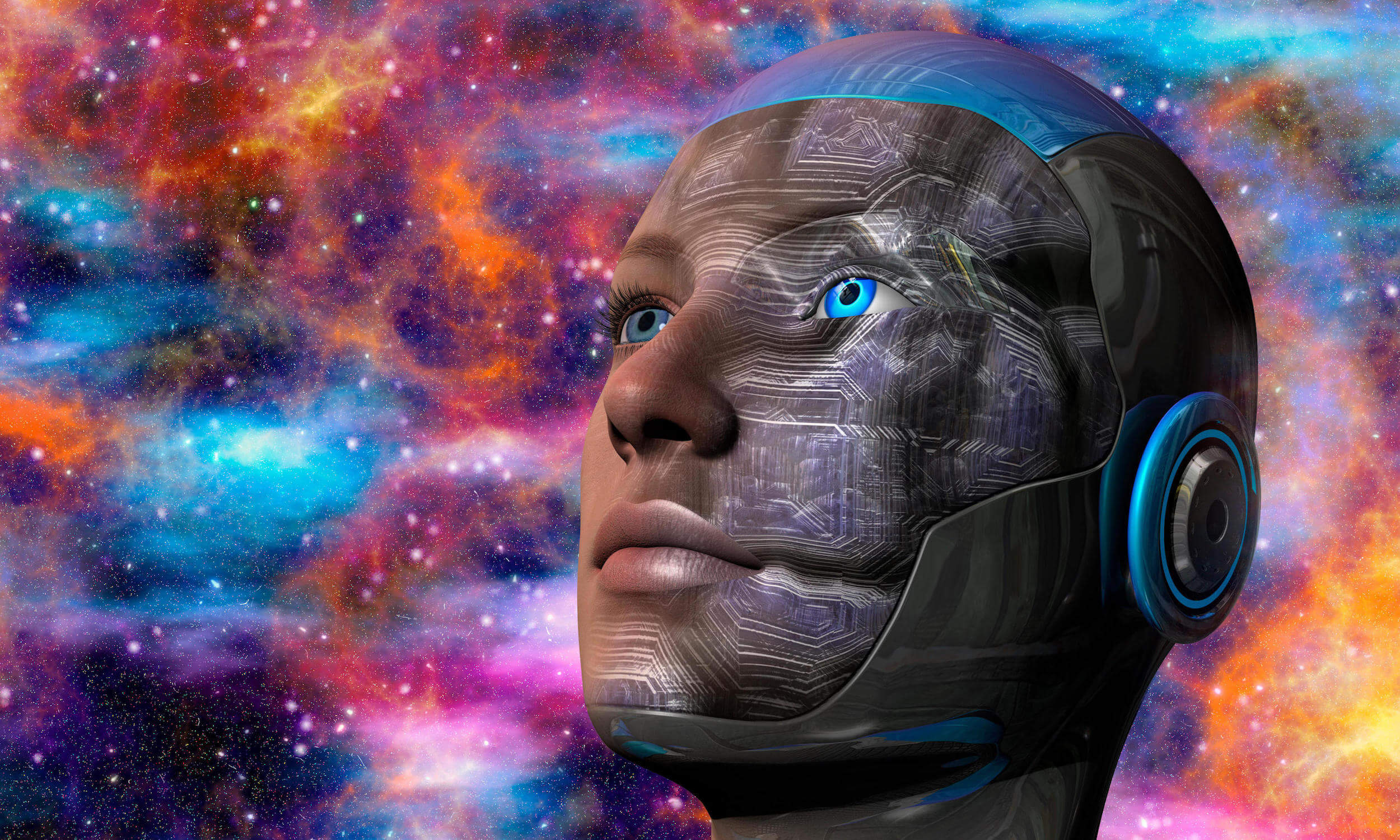
Look at the infographic to see a timeline of Ray Kurzweil’s predictions for the future of mankind and technology.
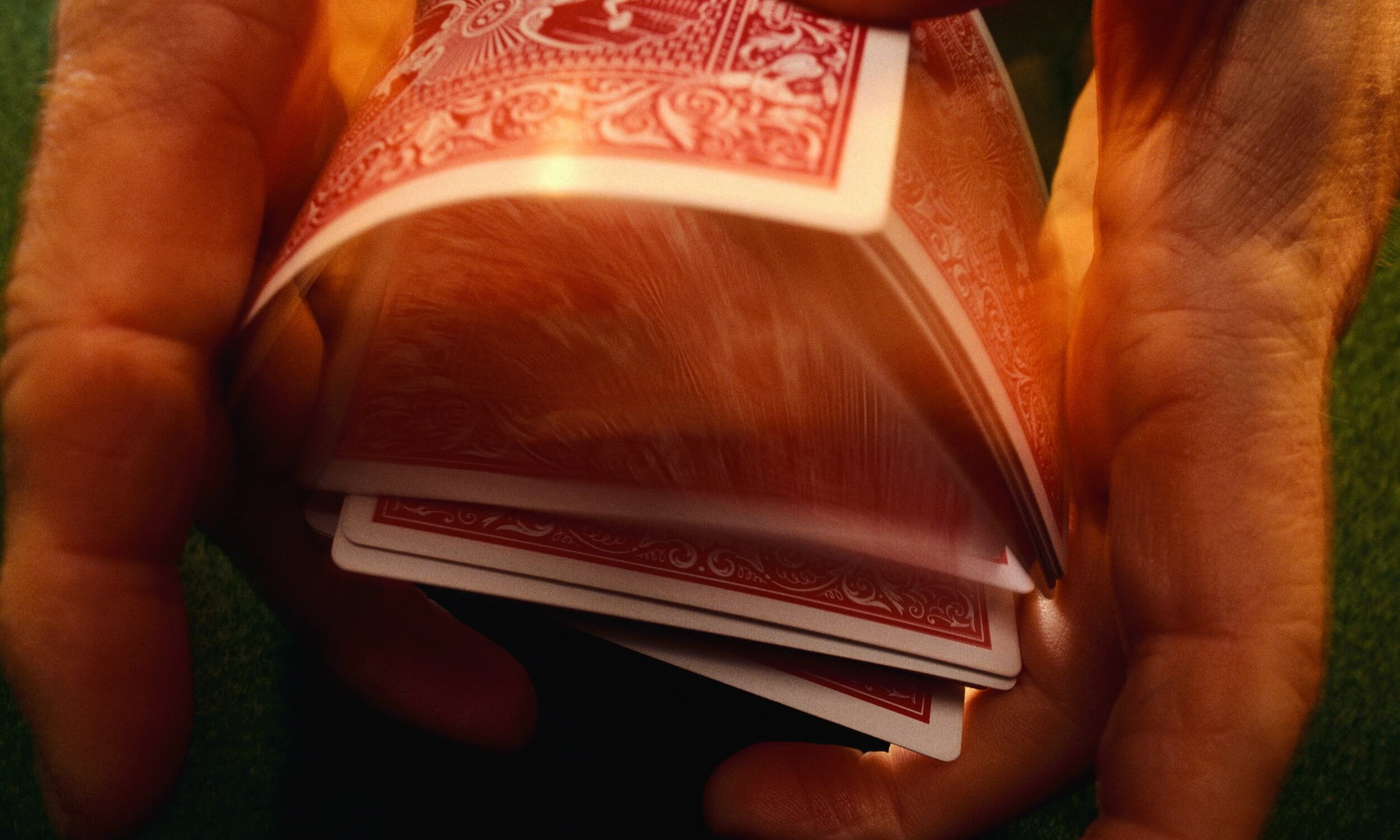
Watch this video to see how Doug McKenzie combines street magic with familiar technological items like cellphones.
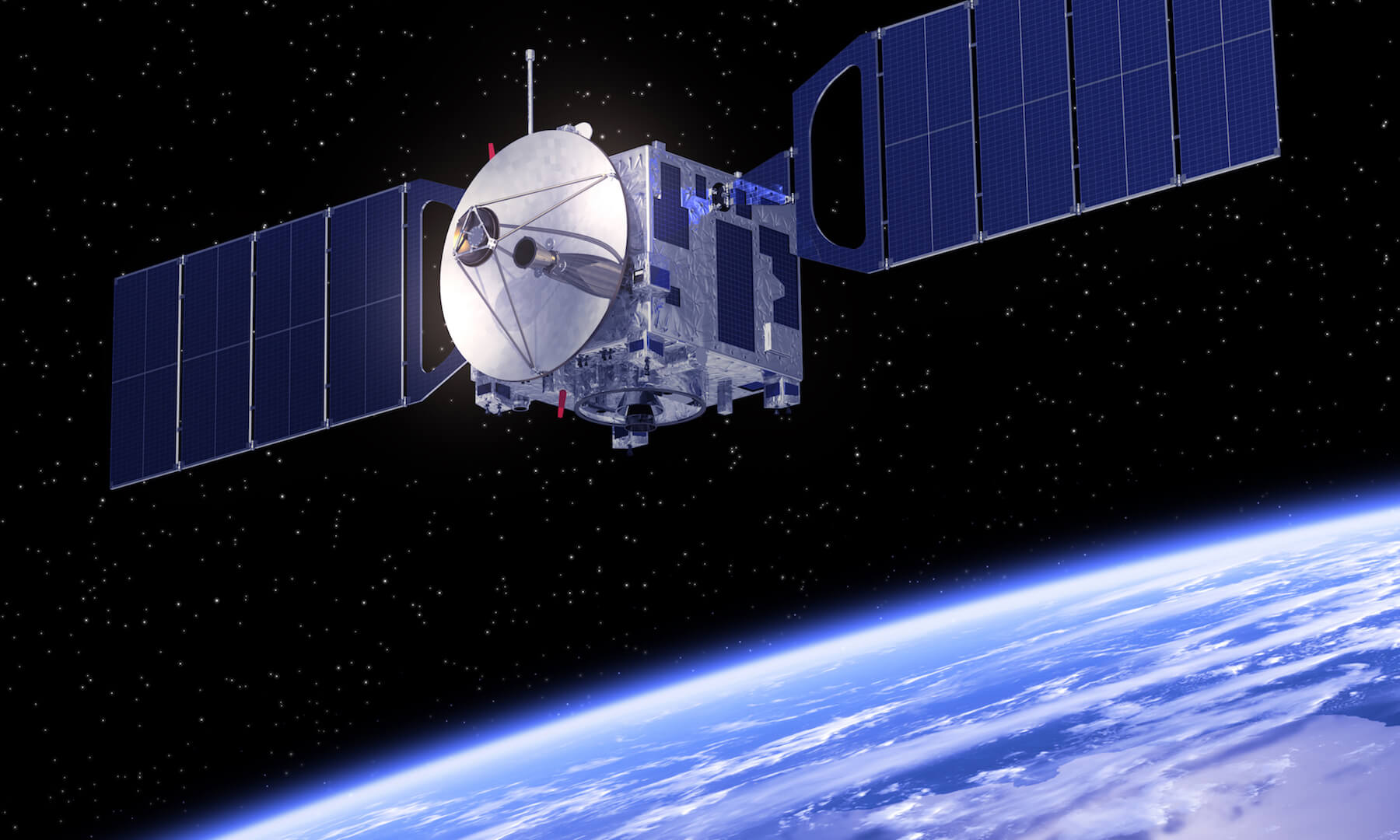
Massive near-space balloons are making a comeback in a powerful way. These vessels, capable of travel, surveillance, and disaster relief, are challenging satellites.

A local council of Alaska Native groups took a story passed down by generations of the Inupiaq tribe and turned it into a video game. The game has already won several awards and has introduced the culture to a wider audience.

Part of Thomas Edison’s ability to succeed came from his willingness to try things that failed. Check out the photo gallery for a slideshow of the failed inventions the article describes.

Does it seem as if there is never enough time to get all your work done? Everyone has the same number of hours a week, but these teens manage their time well. Read their strategies for fitting in time for work and play.

In Greek mythology, Daedalus created wings with feathers and wax to escape Crete, but those wings had their limitations. Modern science has provided us with a working flight suit (minus the feathers and wax).

Each year, disasters drive an average of 31.5 million people from their homes, and many remain homeless for months or years afterward. In this speech, Michael McDaniel outlines his efforts to design, build, and find support for a temporary shelter for disaster victims. Will he succeed? View the video and decide for yourself.

The Odyssey is one of the most exciting stories ever told, of a long and complicated heroic journey. This interactive story map summarizes Odysseus’s journey using a modern-day map and representations in art.
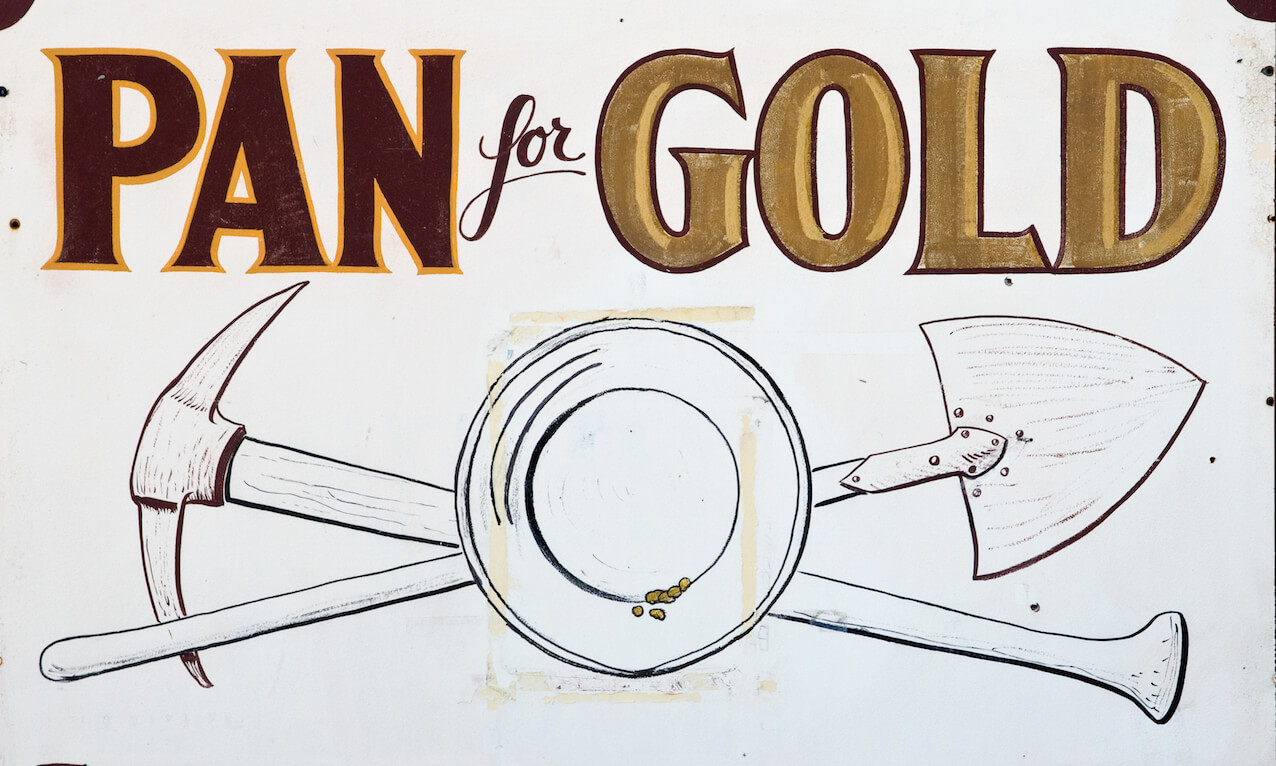
Writer Mike McPhate discusses the mindset of settlers willing to take risks during the California gold rush of the mid-19th century. He ties that idea to tech entrepreneurs’ willingness to fail in the same state today.
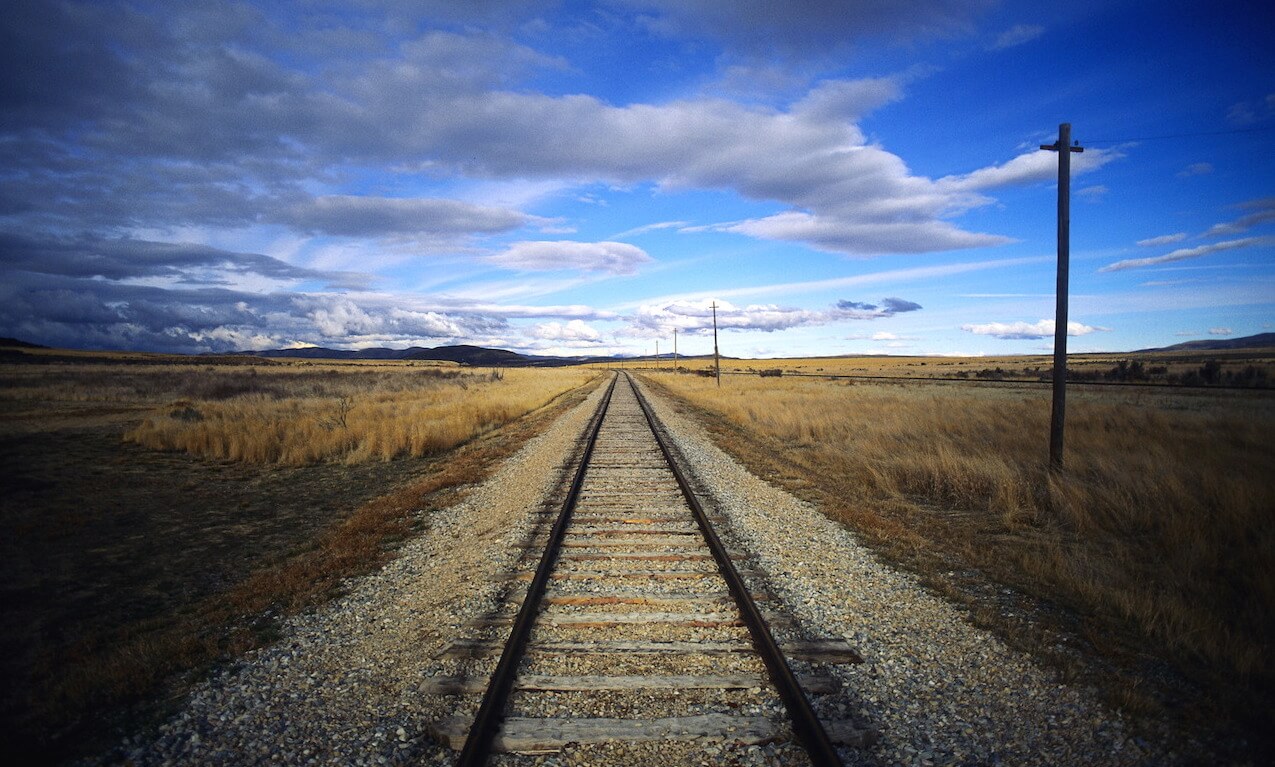
A critic from The Economist magazine reviews The Republic for Which It Stands, in which author Richard White outlines the politics and economics of the United States following the Civil War.

This article examines the benefits of CRISPR, a gene-editing technology that could improve how we produce food.
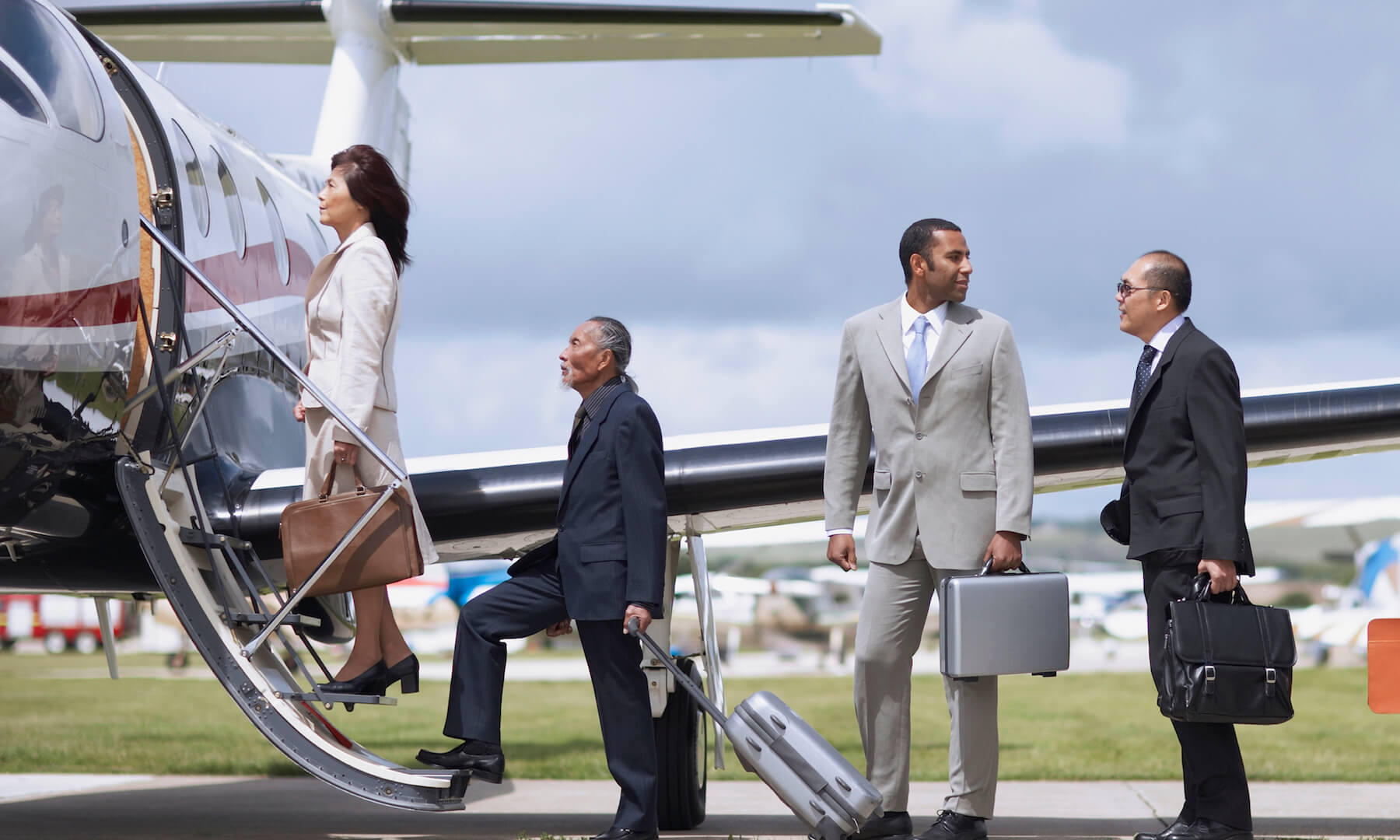
Thanks to virtual reality, First Airlines passengers sightsee destinations around the world without ever leaving the ground.
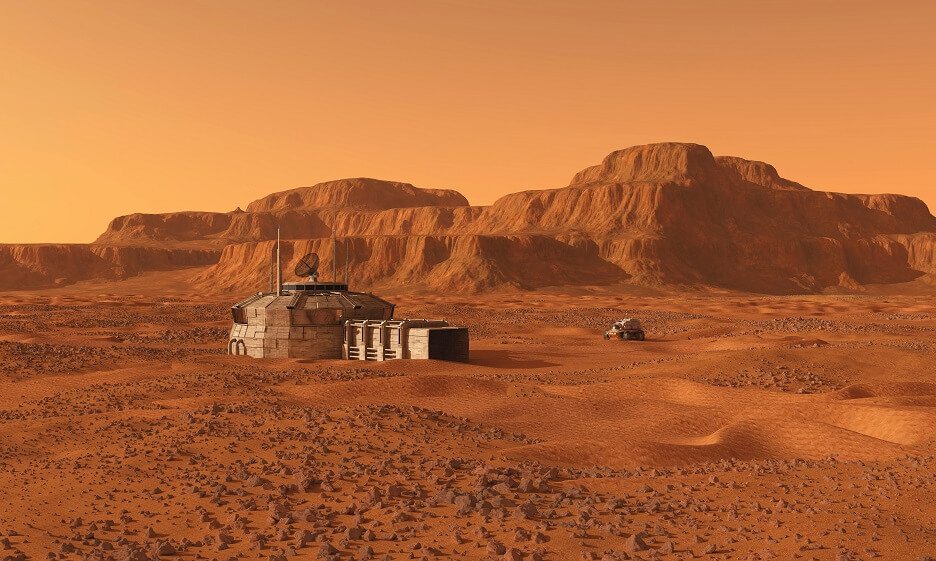
Like any quest, the journey to Mars will require careful planning and many intermediate steps. Check out this timeline of stages in the process of making humans independent from our home planet.

Humans have mapped a larger percentage of the surface of Mars than Earth’s seafloor. These 7 technologies are looking to change that.